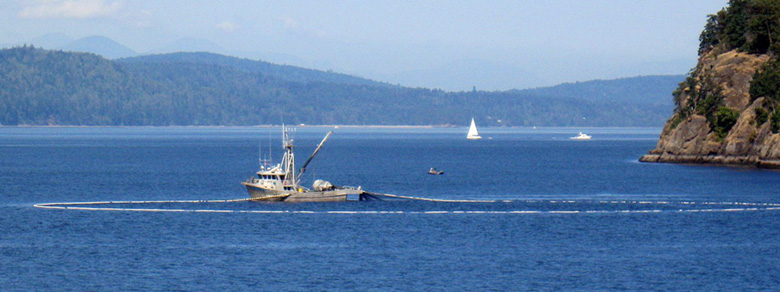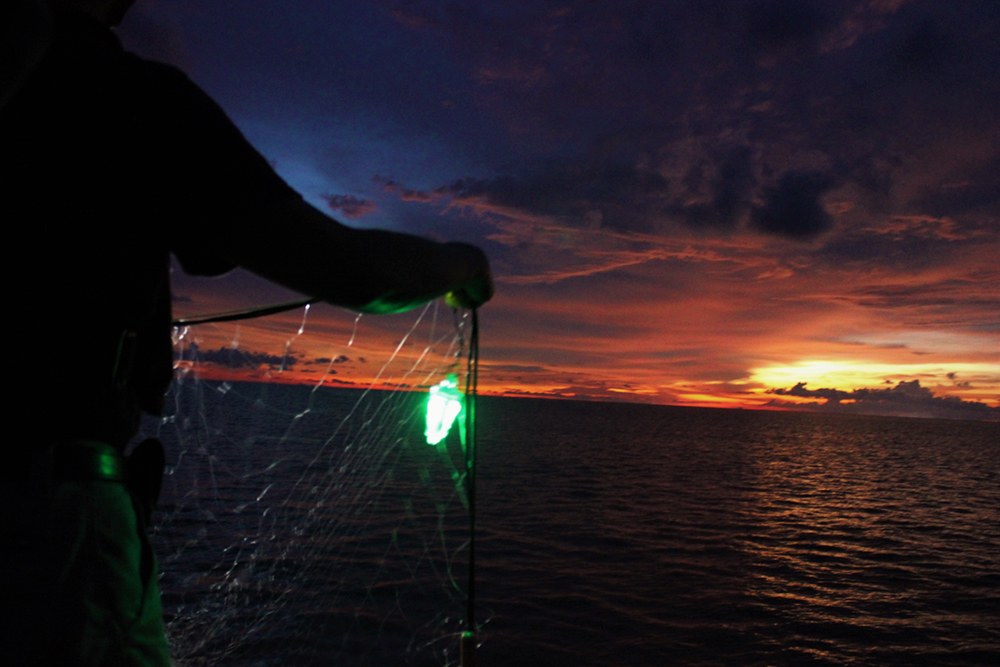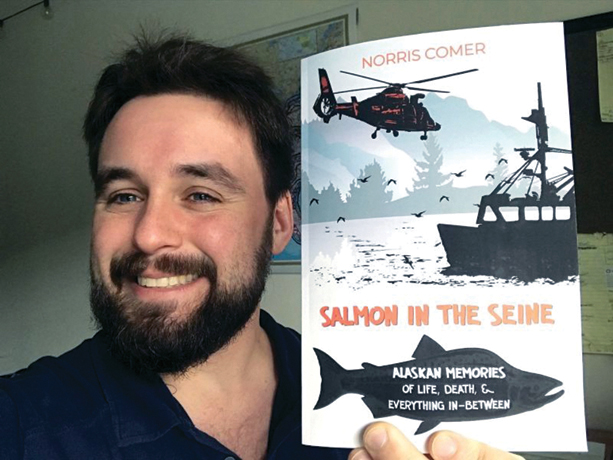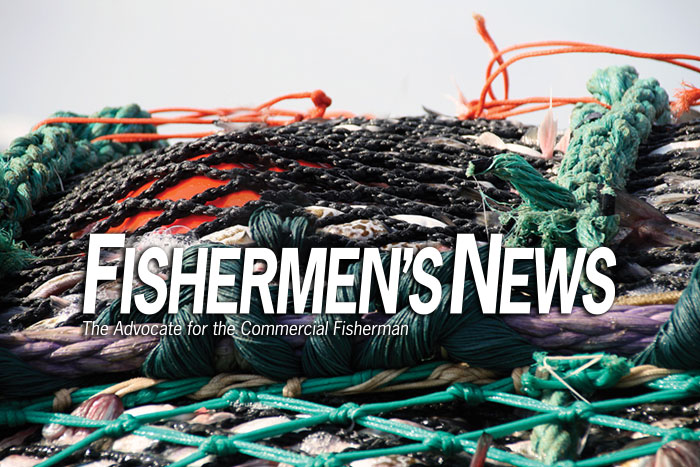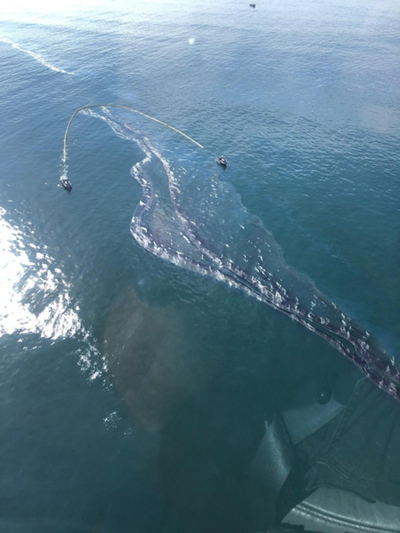From the Editor: Tackling Illegal Fishing
In the June issue of Fishermen’s News, we ran a lengthy feature article on illegal, unreported, and unregulated (IUU) fishing and how, for multiple reasons, such fishing is a leading global maritime security threat.
Well, as a follow up to that report, I’m happy to report this news: the United States is strengthening its commitment to combating IUU fishing. In late June, at the United Nations Ocean Conference in Portugal, the U.S. made a series of announcements that elevates the country’s commitment to combat IUU fishing and the labor abuses associated with it.
In conjunction with the announcements, President Biden signed memorandum addressing IUU fishing and related harmful fishing practices.
Among the measures that the Biden administration spells out in the memorandum are that the ...

